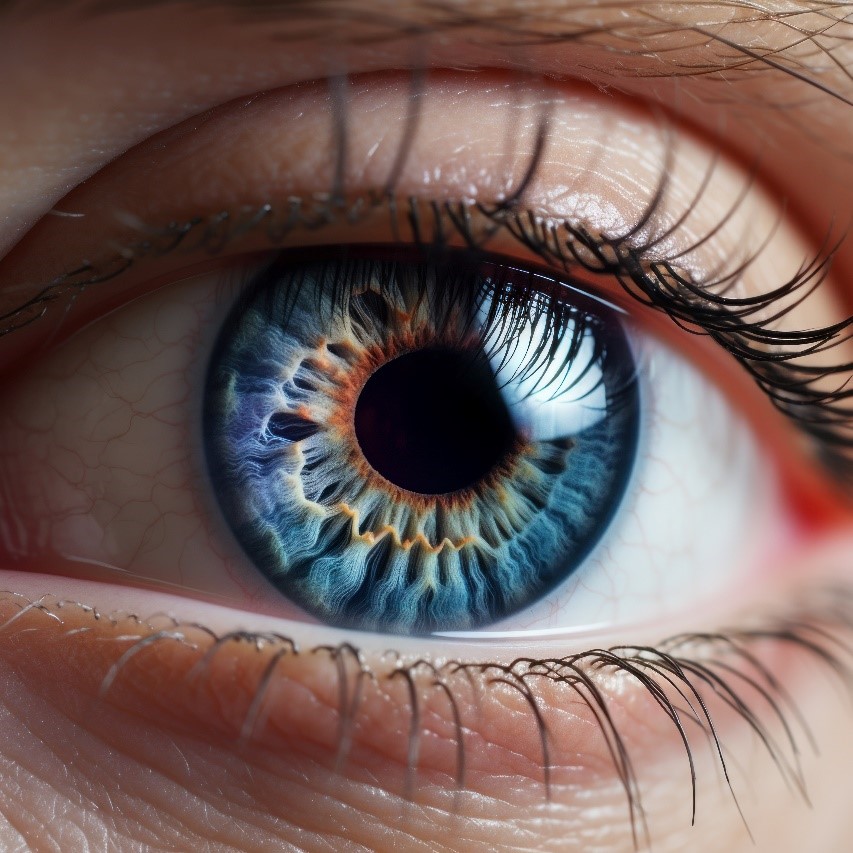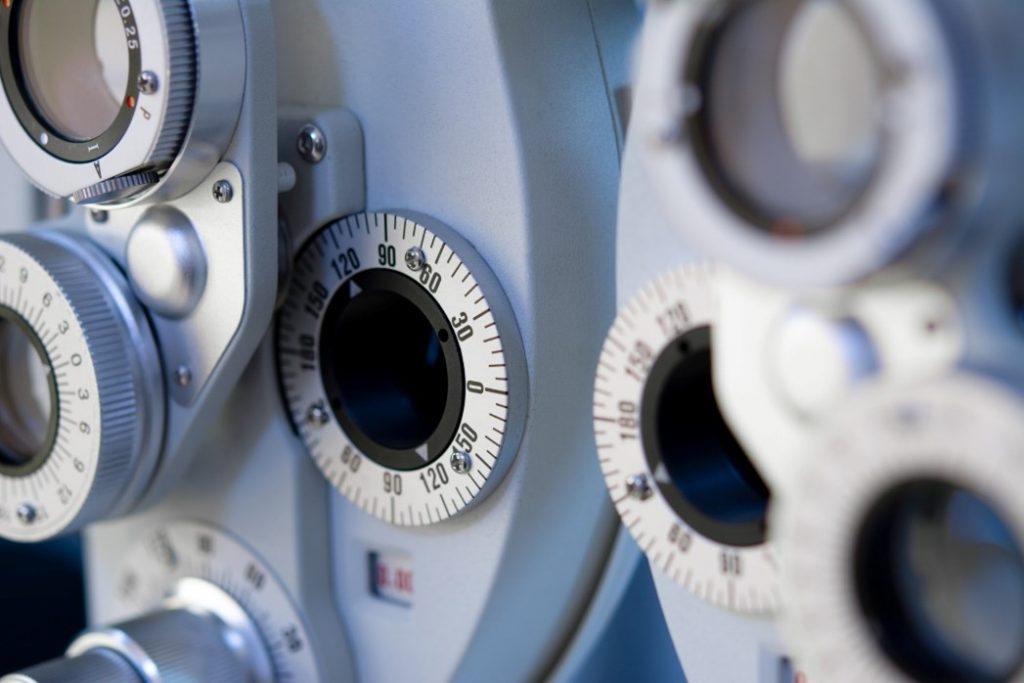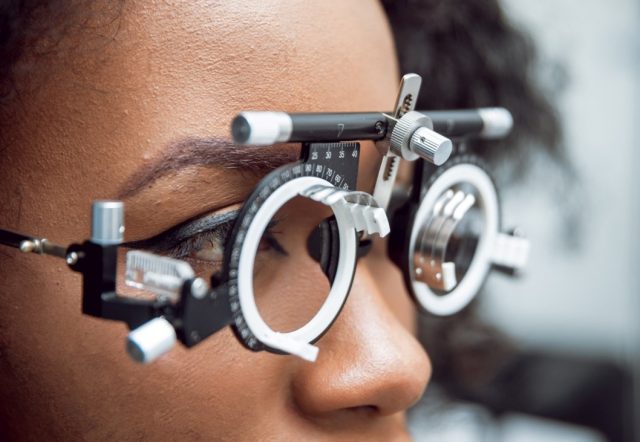Brice Hwang MD, a Board-certified comprehensive ophthalmologist, boasts extensive experience in his field. Graduating with honors from Georgia Tech and receiving his medical degree from the Medical College of Georgia, Dr. Hwang completed his residency at Georgetown University, serving as Chief Resident. Specializing in advanced technologies, he excels in laser-assisted cataract surgery, glaucoma treatment, and diabetic retinopathy management. In the following article, Brice Hwang MD discusses the delicate realm of vision, and how genetics hold particular significance, shaping the narrative of hereditary eye conditions. Unraveling the complexities of ocular genetics unveils a deeper comprehension of conditions that pass-through generations, offering insights into prevention, early detection, and advancements in personalized eye care.
The human eye, a testament to evolution’s marvel, grants us the incredible ability to perceive our surroundings. Yet, its delicate nature renders it vulnerable. Adding to this vulnerability, our genetic makeup can either bestow the gift of sight or predispose us to a myriad of conditions, holding the power to shape the lens through which we experience the world.
More than ten of the most common eye conditions have a genetic link. Certain genes can predispose an individual to loss of vision, color blindness, or failing vision either upon birth or later in life.
Brice Hwang MD explains that as our understanding of the eye and genetics grows we can draw connections between the two. Once we identify potential causes we can begin intervening and managing, if not entirely curing, hereditary eye conditions.
Brice Hwang MD Explains How Important Genetics are to Eye Health
Loss of vision and similar eye conditions are not necessarily caused by one’s genetics. Physical trauma is a common cause for many conditions. That said, outside of accidents, genetics plays a major role in many of the common eye conditions.
Of all disabilities, vision-related disability is in the top 10 most common for adults above 18. In the US, roughly 12 million people over 40 have a vision impairment.
Today, more than 350 eye conditions have been confirmed to be hereditary. This means that many eye conditions run in families. Those who have a family history of eye conditions should practice various precautions as detailed later.
The severity of hereditary eye conditions will vary greatly. Sometimes there are no preventative measures to take. Brice Hwang MD says that in other cases, a genetic history only means the individual is more likely to develop an eye condition.
 Common Hereditary Eye Conditions
Common Hereditary Eye Conditions
Of the above-mentioned 350+ hereditary eye conditions, there are a few that are the most common. Visual impairments often come with other disabilities either within the eye or otherwise which means that some of the common eye conditions can be present at the same time.
Brice Hwang MD explains that some of the most common hereditary eye conditions include:
- Cataracts
- Age-related macular degeneration (AMD)
- Marfan syndrome
- Glaucoma
- Color blindness
- Retinitis pigmentosa
- Myopia
- Stargardt’s disease
- Diabetic retinopathy
- Polypoidal choroidal vasculopathy
Each of these conditions has one or more genes that link each case. Some are passed down through the maternal line while others are passed on through the paternal line. Brice Hwang MD notes that conditions like AMD and cataracts don’t show up until later in life but some, like Marfan syndrome, can be present at birth.
Eye Health Safety Precautions
Individuals with a family history of any hereditary eye condition should practice a few safety precautions. Early diagnosis and prevention methods are incredibly important in reducing the impact of hereditary eye conditions.
Brice Hwang MD reports that the best way to be proactive with eye health is to schedule yearly eye exams. Yearly eye exams are crucial for catching changes in eye conditions early. Individuals who are at a higher risk include those with a strong family history of various conditions and diabetics. That said, diabetics who manage their blood sugar and blood pressure are at much lower risk.
In addition to eye exams, predisposed individuals should practice quality eye care. This can include:
- Wearing sunglasses
- Eating a healthy diet
- No smoking
- Regular exercise
However, even with these precautions sometimes one cannot avoid vision impairment.

Eye Health Intervention
Brice Hwang MD says that if precautions are not enough it is time to turn to modern healthcare for intervention. Depending on the condition there are methods to either reverse the condition or slow its development. In some cases, surgery is a possible corrective solution such as in the case of cataracts.
Aside from surgery, some medications or simple vitamin supplements can improve vision depending on the root cause. In other cases, such as age-related macular degeneration, there is no way to reverse the condition. In these cases, it is important to continue eye care to preserve the remaining vision.
When corrective treatments are not an option, vision aids are the next step. Glasses won’t help with blindness but can help those with impaired eyesight.
Final Thoughts
Brice Hwang MD says that like any aspect of personal health, one’s vision should be cared for. Understanding one’s genetic predispositions and acting upon them is incredibly important. Taking care to preserve eye health with preventative measures and keeping watch for early detection should be a priority for everyone with or without a family history.








